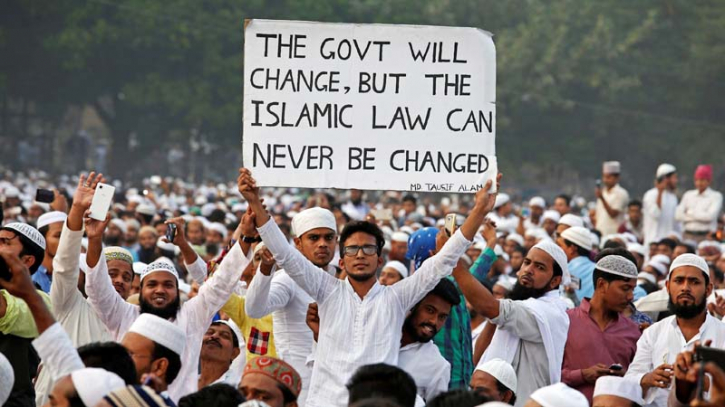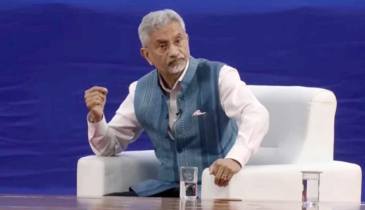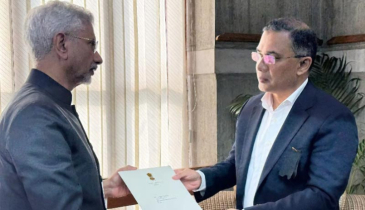Indian state Uttarakhand passes landmark civil code opposed by Muslims

Lawmakers in the small Indian state of Uttarakhand, governed by Prime Minister Narendra Modi's Hindu nationalist Bharatiya Janata Party (BJP), have recently passed groundbreaking legislation aimed at unifying personal laws across religions.
The move, which opposes the practices of many minority Muslims, marks the implementation of a Uniform Civil Code (UCC) – a longstanding and contentious BJP promise.
This decision makes Uttarakhand the first state in India, since gaining independence from Britain in 1947 to enforce a UCC. The timing is notable, coming just months before the national elections.
As of now, India's diverse religious communities, including Hindus, Muslims, Christians, and other minorities, adhere to their specific personal laws and customs. There is also an optional secular code for matters such as marriage, divorce, adoption, and inheritance.
Uttarakhand's move to ban polygamy and other practices within the Muslim community is anticipated to set a precedent for other BJP-ruled states to follow suit.
However, this decision has faced vehement opposition from some leaders within India's sizable Muslim minority, comprising over 200 million individuals.
According to a legal expert involved in drafting the UCC bill in Uttarakhand, the move is partly motivated by the perception that Islam's Sharia laws allow polygamy and lack stringent rules against the marriage of minors.
India, with its population comprising around 80% Hindus and about 14% Muslims, holds the distinction of being the world's third-largest Muslim country. Tensions have arisen due to accusations from Muslims, who make up a significant minority, that Modi's right-wing nationalist party is pursuing a Hindu-centric agenda that discriminates against them and directly interferes with their faith. Modi denies these allegations, but the contentious situation has led to occasional outbreaks of violence between members of the two communities.
.png)









